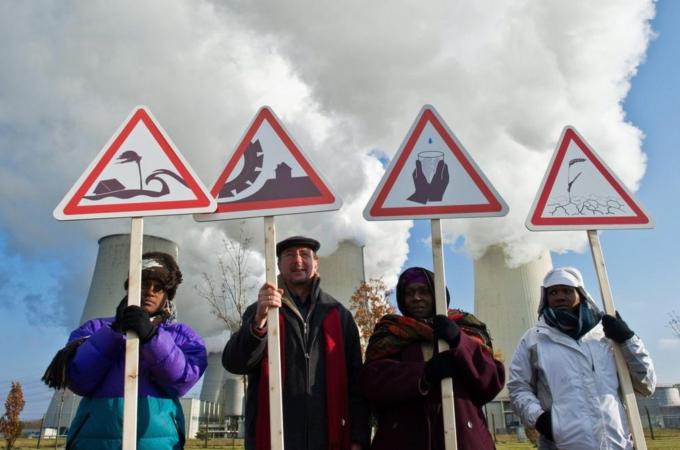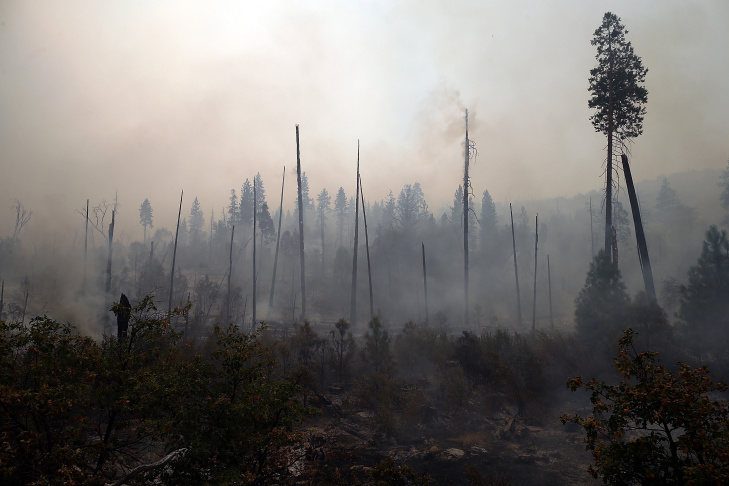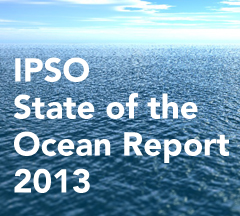You are here
Thu, 2011-06-23 09:24 — mdmcdonald
The Climate Change working group is focused on bringing climate science to effective regulatory policy and stimulating the growth of a green economy.
The mission of the Climate Change is to bring climate science to effective regulatory policy and stimulating the growth of a green economy.
Add Content to this group
Members
| John Girard | Kathy Gilbeaux | Maeryn Obley | mdmcdonald | scottt@stetsone... |
Email address for group
climate-change@m.resiliencesystem.org






 newscientist.com - by Fred Pearce - October 4, 2013
newscientist.com - by Fred Pearce - October 4, 2013 ipcc.ch - Intergovernmental Panel on Climate Change
ipcc.ch - Intergovernmental Panel on Climate Change submitted by Margery Schab
submitted by Margery Schab he Keystone XL and tar sands expansion have no place in a clean energy future
he Keystone XL and tar sands expansion have no place in a clean energy future
Recent Comments